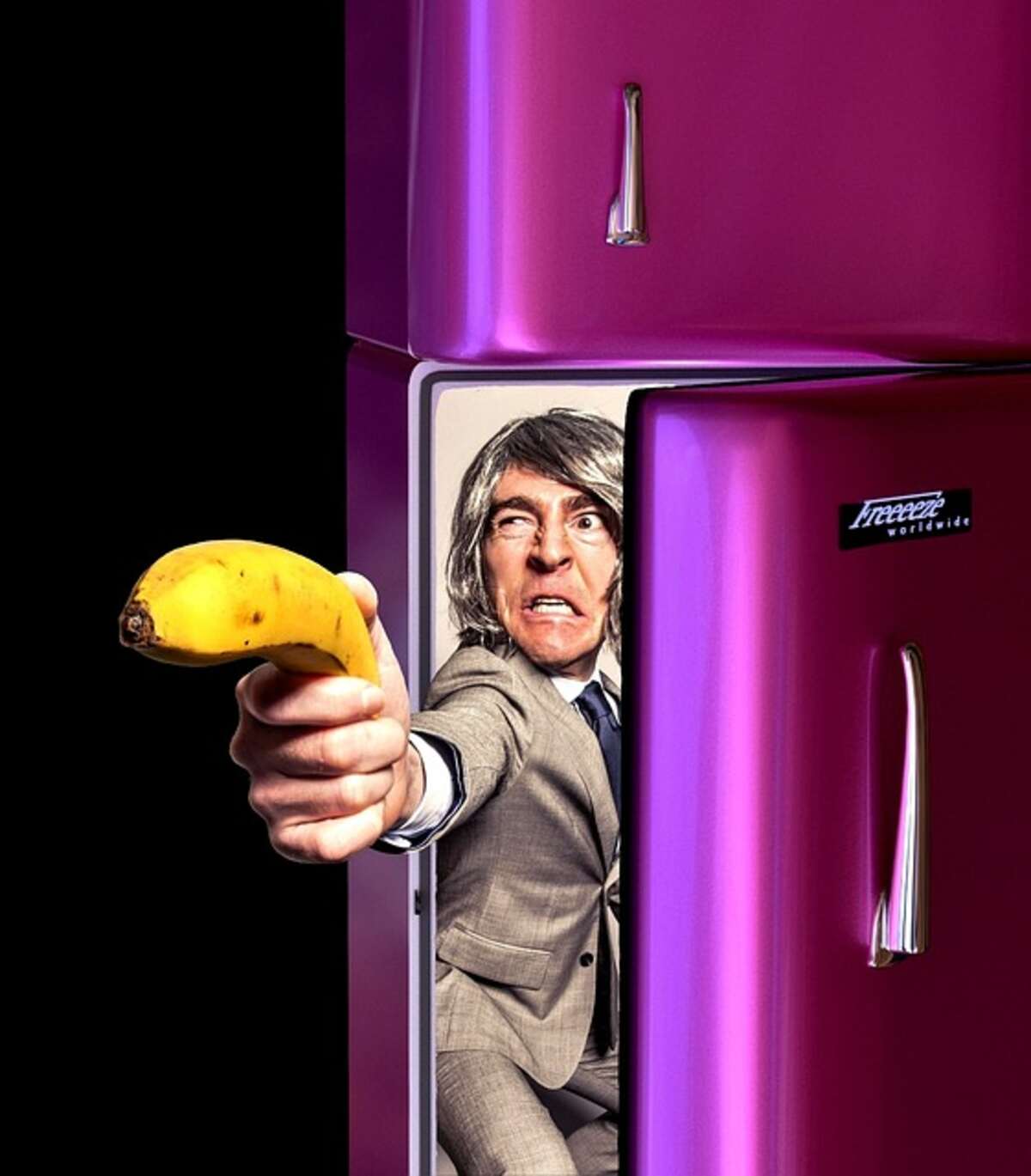Imagine this scenario: you open your refrigerator, eager to snack on that leftover pizza from last week, only to be greeted by an unpleasant odor. You’re now faced with the age-old question: “How long will food last in the fridge and freezer?” We’ve all been there, wondering if that forgotten lasagna container is safe to eat. In this article, we’ll dive into the depths of food storage, exploring the lifespan of various items in the fridge and freezer. To know more, click here.
Introduction
The modern kitchen is a treasure trove of culinary delights, but improper storage can turn it into a breeding ground for foodborne illnesses. Understanding how long food can last in the fridge and freezer is crucial for maintaining taste and safety.
Understanding Food Shelf Life
The shelf life of food depends on several factors, including moisture content, temperature, and the presence of microorganisms. In the fridge and freezer, cold temperatures slow down bacterial growth, extending the edibility of many items.
Storing Food in the Fridge
Importance of Temperature
Your fridge is like a guardian of freshness. Keeping it below 40°F (4°C) is critical to preserving your food’s quality and safety.
The Rule of 2 Hours
Remember the “2-hour rule.” Perishable foods shouldn’t be left at room temperature for over 2 hours. This includes prep time and serving.
Fridge Shelf Life of Common Foods
· Dairy: Milk (1 week), Cheese (2-4 weeks)
· Meat: Cooked Chicken (3-4 days), Raw Ground Meat (1-2 days)
· Fruits and Veggies: Berries (3-7 days), Leafy Greens (1 week)
Making the Most of Your Freezer
Freezing Guidelines
Your freezer can be a time capsule for your food. Pack foods in airtight containers or freezer bags to make the most of them to prevent freezer burn and flavor degradation.
Freezer Shelf Life of Common Foods
· Bread: 3-6 months
· Fish: 2-6 months
· Soups and Stews: 2-3 months
Preserving Food Quality
Packaging Techniques
Proper packaging can significantly extend the life of your frozen foods. Vacuum-sealing removes air, preventing freezer burn.
Avoiding Freezer Burn
Freezer burn, those unsightly ice crystals on your food, doesn’t necessarily render it unsafe, but it affects taste and texture.
The Gray Area: Best Before vs. Spoiled
The Sniff Test
Your nose is a powerful tool. If it smells off, it probably is.
Visual Cues
Discoloration, mold, and unusual texture are signs it’s time to part ways with your food.
Innovative Practices for Minimizing Food Waste
First In, First Out (FIFO)
When restocking your fridge or freezer, place newer items in the back so you use up older ones first.
Meal Planning
Plan your meals to reduce overbuying and tossing forgotten leftovers.
When in Doubt, Throw It Out
Safety First
If you’re unsure about an item’s freshness, it’s better to be safe than sorry.
Conclusion
Balancing the fine line between freshness and food waste is an art. Following these guidelines ensures your food remains flavorful, safe, and ready to delight your taste buds.
FAQ
Can I eat food past its expiration date?
It depends. Expiration dates provide a rough estimate, but trust your senses and judgment.
Is it safe to refreeze thawed food?
It's generally safe, but there might be a quality loss. Use your best judgment.
Can I freeze eggs?
Yes, but not in their shells. Beat them and store in an airtight container.
How can I prevent freezer burn?
Airtight packaging and removing excess air are your best defenses.
What's the best way to thaw frozen food?
The safest way is in the fridge. For a quicker option, use cold water or the microwave on the defrost setting.
Read Also: Robert Hickey, Director Of Technology, Windham Raymond Schools


